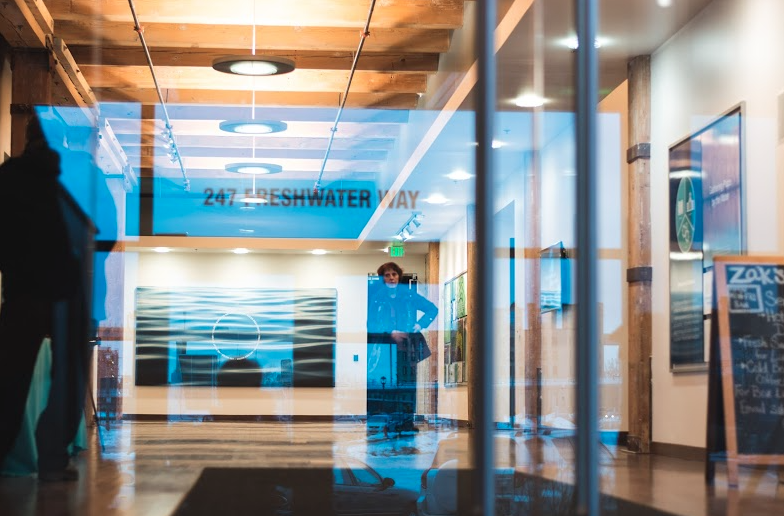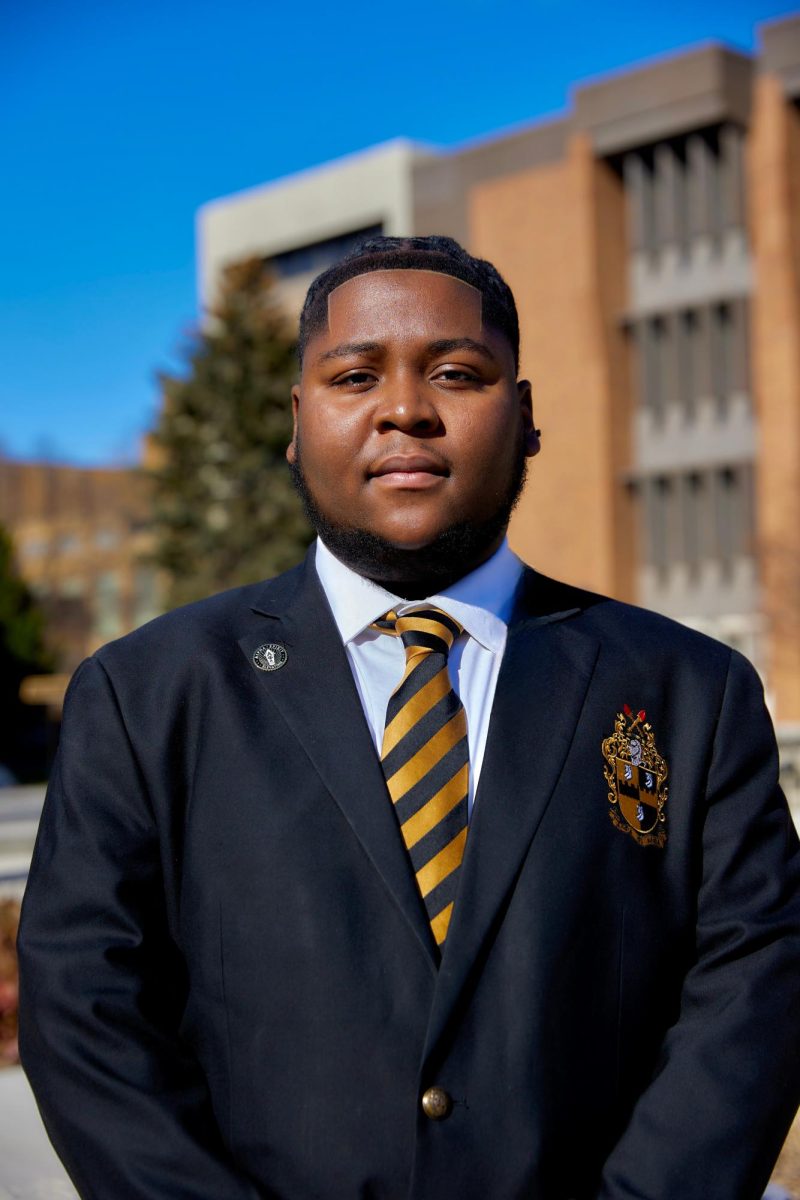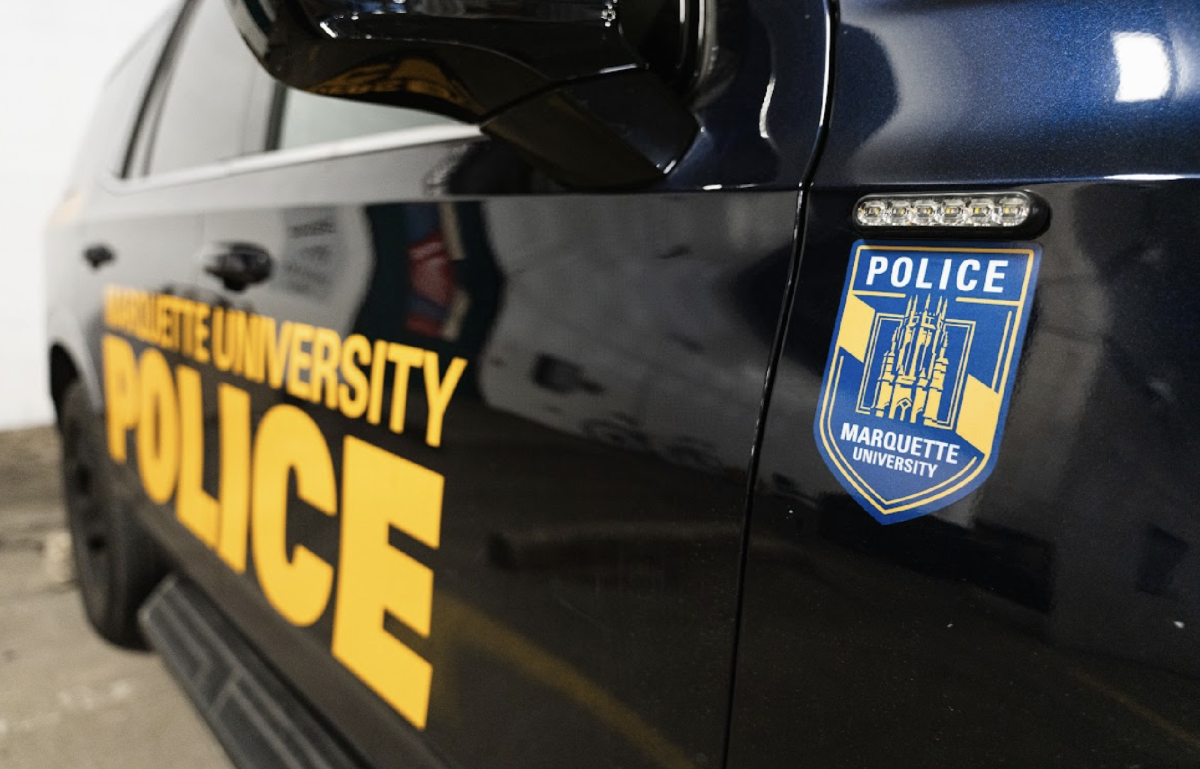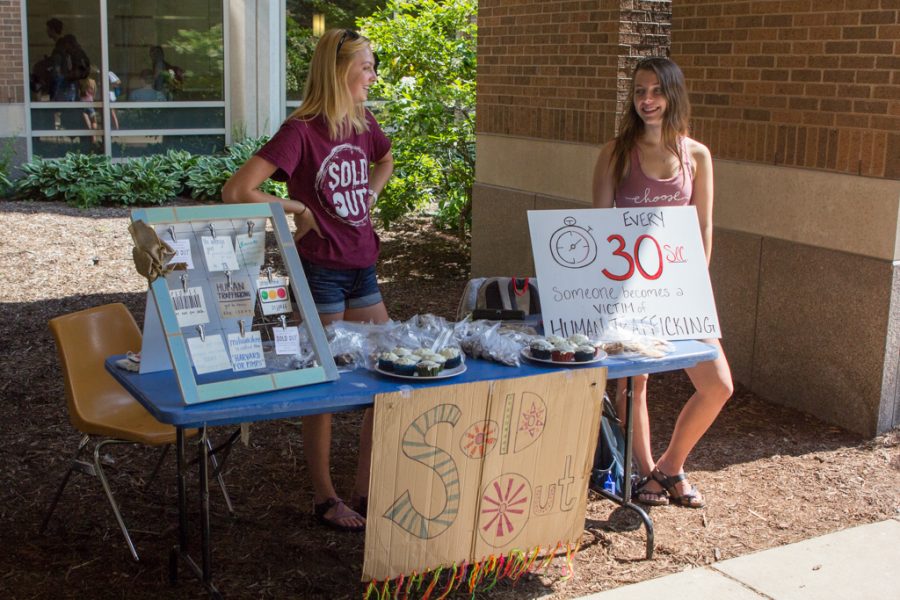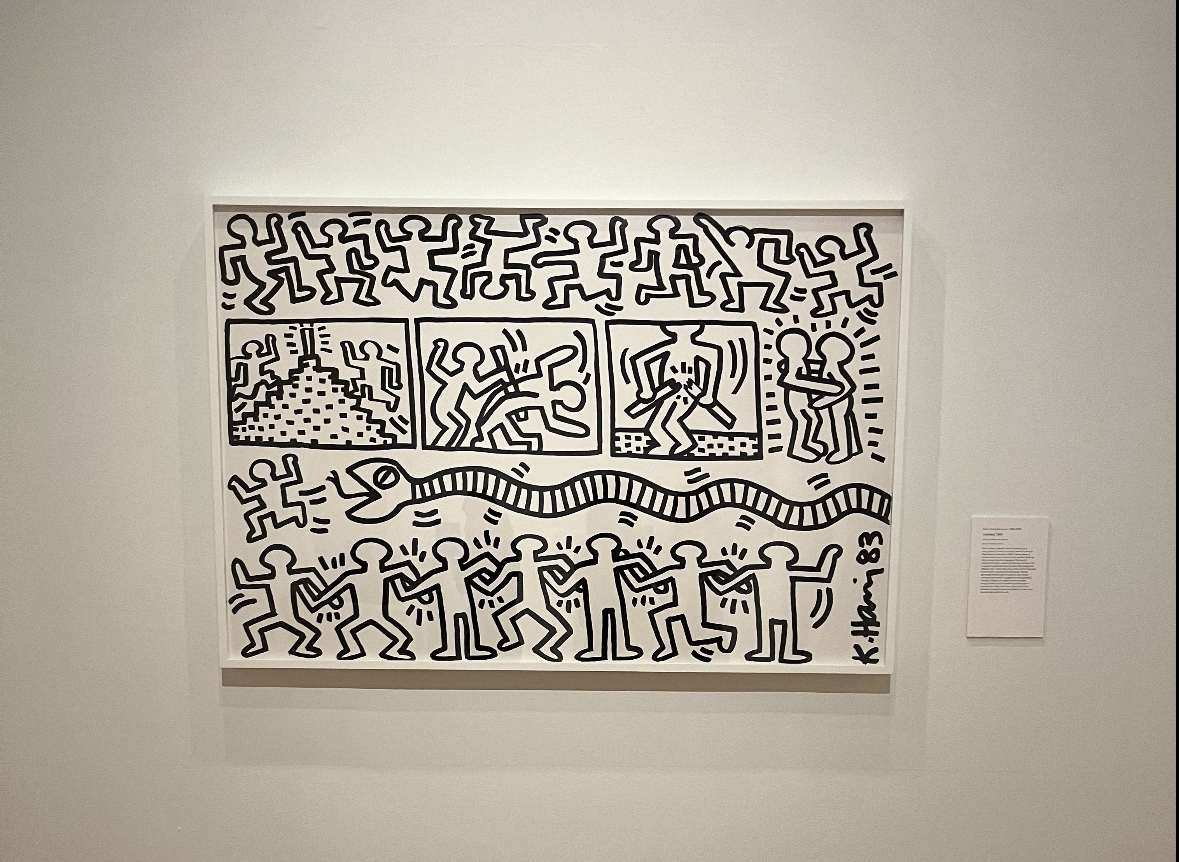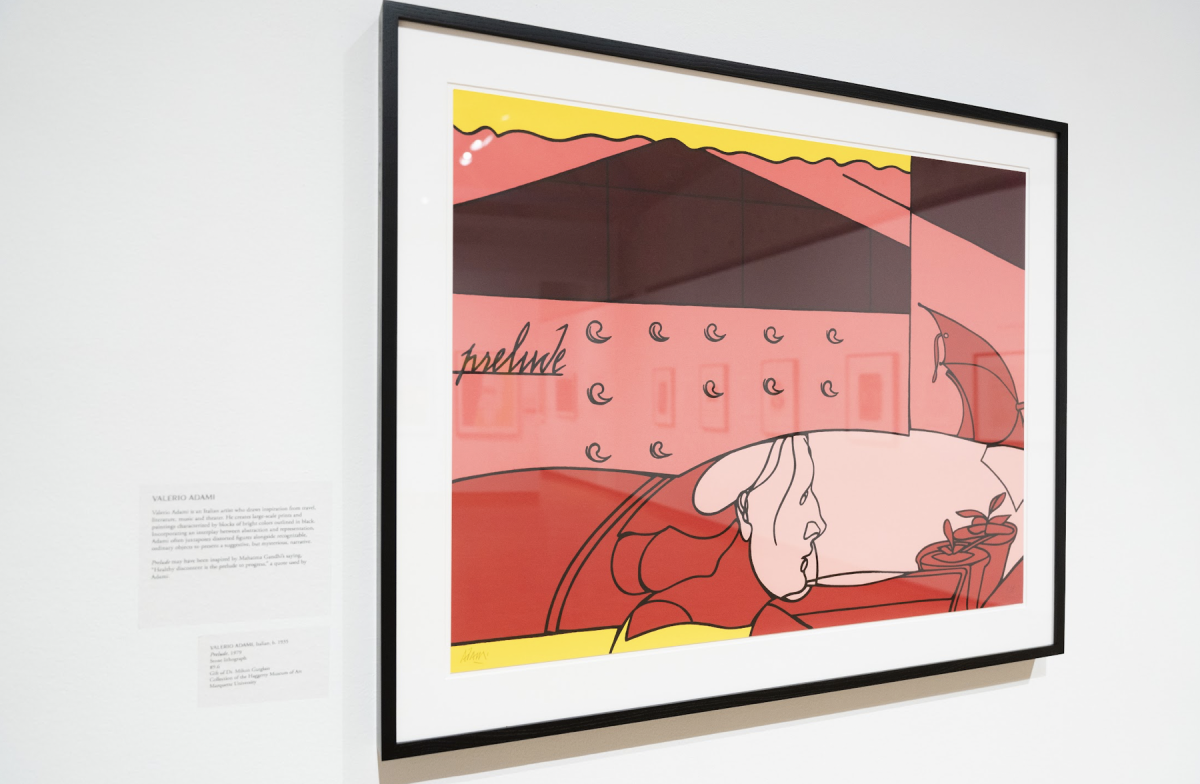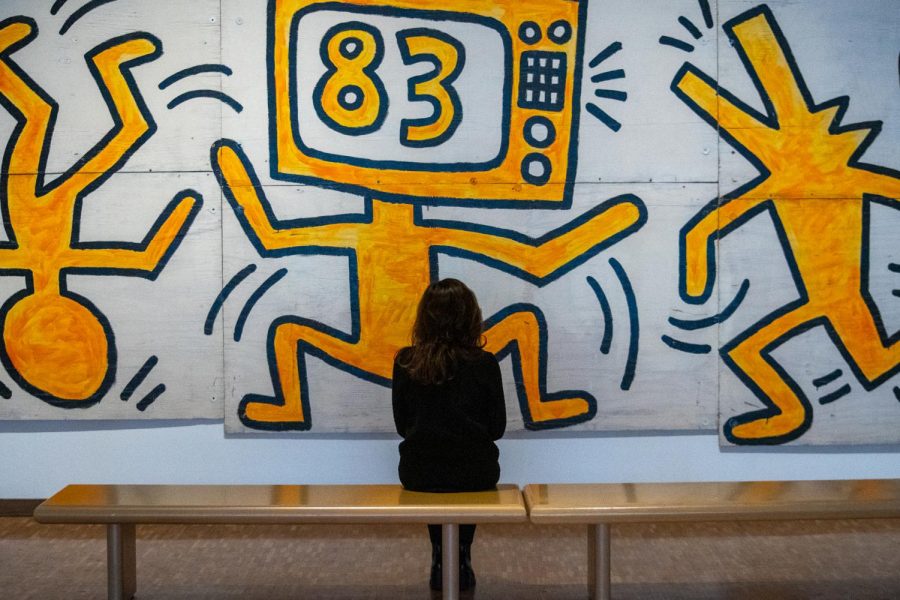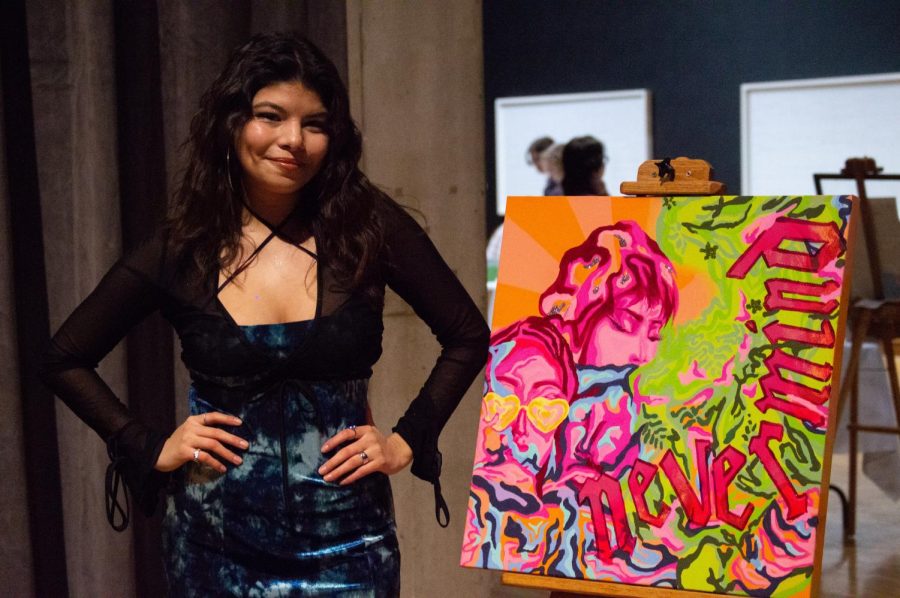Jan. 28, Marquette established its first off-campus research facility: the Global Water Center.
The center has the potential to be an important asset to Marquette’s community, not just because of Milwaukee’s juxtaposition to one of the largest fresh water resources – the Great Lakes. The center gives students from a broad scope of disciplines the ability to participate and work with fields outside of their college and make a difference. By expanding the number of interdisciplinary research opportunities, more than one academic cohort at Marquette will influence the understanding of water as more than just a basic human need.
As an off-campus research facility, the center offers students an opportunity to explore its Walker’s Point location and work with professional companies such as Xylem Sanitaire, a biological wastewater treatment solutions organization. The center will also host a mentoring and seminar series with CH2M’s Milwaukee Water Business Group for students, faculty and employees of the center. In addition, several research projects have been developed for students, faculty and staff to get involved. The projects listed online grant opportunities to some of the obvious fields such as engineering, biological sciences and chemistry, but openly embrace a more creative side as well.
While these research projects open up doors to real world experience, they also create more prospective interdisciplinary research opportunities. With so many projects happening at once in proximity to one another, paths are bound to cross between law, mathematics, chemistry and other liberal arts or business specializations.
In fact, one of the projects already combines the skill set of mathematics, statistics and computer science faculty to create datasets for the water sector. Although these disciplines are relatively similar, it is a good first step toward the type of interdisciplinary opportunities that should be offered.
Some of the more innovative projects, like the citywide public art project, WATERMARKS: An Atlas of Water and the City of Milwaukee, should not be held within the scientific world of research alone. The project entails a team from the Haggerty Museum of Art to help produce the project and remind our community about such a powerful resource.
On the other hand, the Marquette Law School Water Law and Policy Initiative is geared toward water policy and rights. They explore who can use water, from a given location and how much. This is an issue currently happening in Waukesha. The city is requesting to source its water from Lake Michigan but will need to get permission from all the Great Lake states before they begin.
Projects like the ones affiliated with the Haggerty Museum of Art and law school support these science-related disciplines while facilitating new outlets to display their effect on the public. The art project can design and help the public visualize the chemicals that chemistry majors use in the water. The law student project will ensure that scientists have the rights to experiment and source the water correctly.
The Global Water Center should continue creating opportunities for these necessary disciplines and their work to come together and unite. Not only will this allow the center to understand and respect a variety of fields but also to expand ways of thinking about what one chosen field can do that will benefit others.

